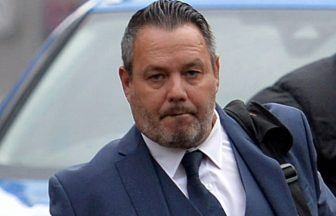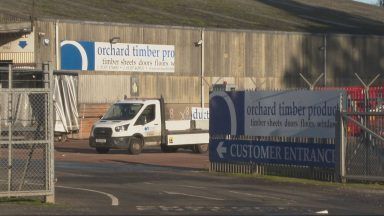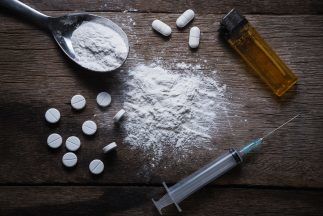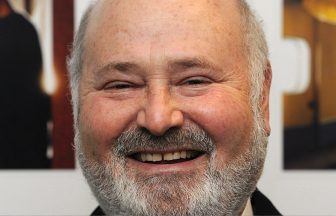“Brave and bold action” is needed to urgently tackle Scotland’s drug deaths crisis, a report by a people’s panel has found.
The report, commissioned by cross-party Holyrood committees on tackling drugs, made 19 recommendations to MSPs.
They include ring-fencing funding to tackle drug deaths, a public campaign to raise awareness of drug harm and a greater sharing of information between government agencies.
It also called for a continuation of the Scottish Government’s approach of not penalising people for minor drug offences or imprisoning them for short periods of time.
The people’s panel said it heard “prisons make no contribution to the health journey, increase the risk of using and reoffending, and cause additional trauma”.
Scotland continues to have the worst rate of drug deaths in Europe. Between January and September last year, 833 people are suspected to have died due to drugs.
Despite this, the panel, comprised of 23 broadly representative members of the public, were “shocked” to learn about the lack of urgency to deal with the crisis.
Its report said: “The panel strongly believe that the same conversations keep happening, with the same actions being agreed but not enough has been implemented.
“The panel recognise there has been some progress, for example naloxone programmes and safer drug consumption room implementation, however this is not nearly enough action.
“There requires a cultural change across Scotland and the Scottish Government must be brave and bold in leading this shift.
“The panel recognises this will be challenging; evidence from third sector and lived experience stakeholders show that there are still systemic problems with stigma and attitudes to this population.
“We want the Scottish Government to stop discrimination towards addiction and the continued stigmatisation of this group.”
The report found that as well as changes to policy and a need to speed up decisions, a cultural change was needed in the approach to drugs.
The panel welcomed the recent opening of the UK’s first safer drug consumption room in Glasgow and the introduction of the naloxone programme to prevent fatal overdoses.
It called for greater involvement of the third sector and people with lived experience of drug misuse.
It concluded that a lack of urgency in responding to drug harm and use reinforces the stigma already associated with these issues.
The creation of the people’s panel was requested by the cross-committee on tackling drug deaths and drug harms.
Members of the Criminal Justice Committee, Health, Social Care and Sport Committee, and Social Justice and Social Security Committee commissioned the panel to gather public views on the question: what does Scotland need to do differently to reduce drug-related harms?
The panel met at the Parliament in October and November 2024.
Over the course of two weekends, members heard evidence from people with lived experience of drug harms, academics and researchers, and from those who work in this area, before submitting their report.
Its 19 recommendations cover rights and people’s lived experience, justice, access to treatment, care and support, prevention and harm reduction.
Mairi McIntosh, a member of the panel said: “I found participating in the people’s panel humbling. The team at the Scottish Parliament organised a diverse range of experts and worked hard to lay out the worrying and rapid escalation in drug-related deaths and harms in Scotland.
“All the evidence we heard highlighted the urgency for action from the Scottish Government to implement brave and lasting change.
“I am hopeful that our report shows that as voices from across Scotland, representing different backgrounds and lives, some directly affected by the issues of drug harm and death and others not, that we want the Scottish Government to acknowledge the causes and barriers like stigma and discrimination, and realise that we cannot afford to not take bold action now.”
SNP MSP Audrey Nicoll, convener of the Criminal Justice Committee, said: “We would like to thank the panel for their focused and determined work in delivering this serious and well-considered report.
“Our committees look forward to thoroughly considering the panel’s findings and putting its report’s recommendations to the Scottish Government.”
Health Secretary Neil Gray said: “We want every person experiencing harm from alcohol or drug use to be able access the support they need.
“It is encouraging that the panel recognised progress but there is more to do. Lived experience is already at the heart of our five-year, £250 million National Mission on drugs and we will use these recommendations to help us target our efforts.
“Record levels of funding for alcohol and drugs programmes (ADPs) were protected in the draft budget. We maintained £112 million to local ADPs for treatment and support services. We have responded to requests for more certainty over funding by baselining a further £19 million of ADP funding, which they have highlighted as important for sustainability and recruitment.
“We are taking a wide range of evidence-based measures to reduce harm and save lives. These include opening the UK’s first Safer Drug Consumption Facility pilot, working towards the opening of drug-checking facilities which would enable us to respond faster to emerging drug trends, and widening access to residential rehab and life-saving naloxone.
“Increasing the availability of naloxone is a key priority and we have invested more than £3 million in widening access, including substantial funding for our emergency services.”
Follow STV News on WhatsApp
Scan the QR code on your mobile device for all the latest news from around the country


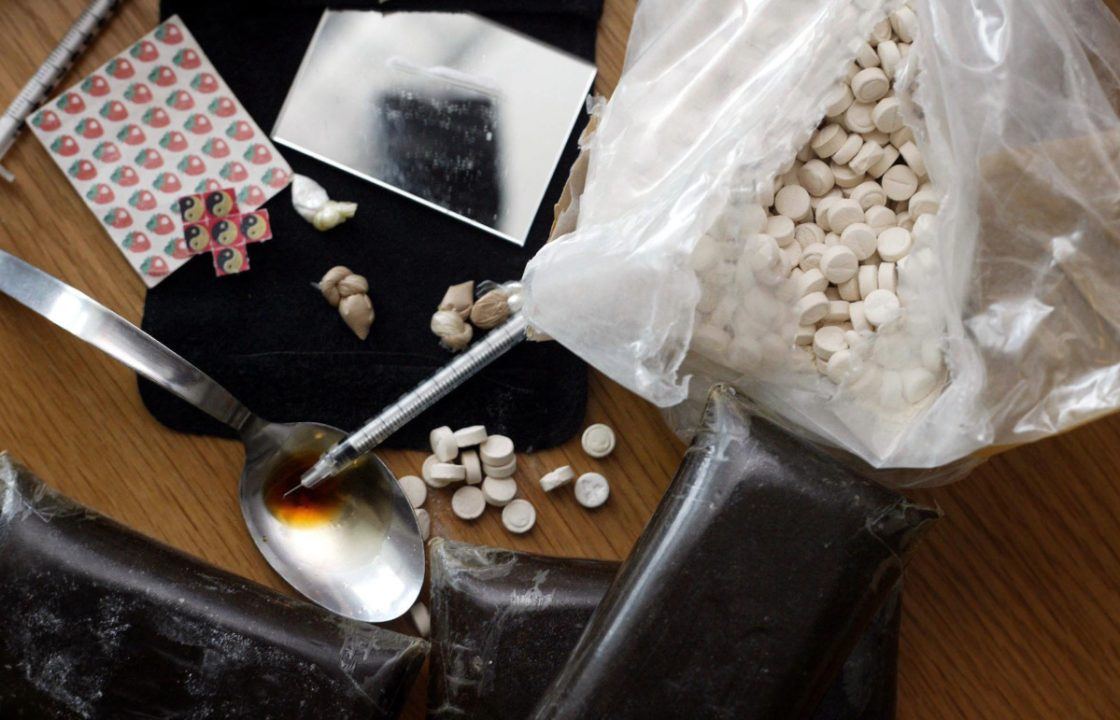 PA Media
PA Media



